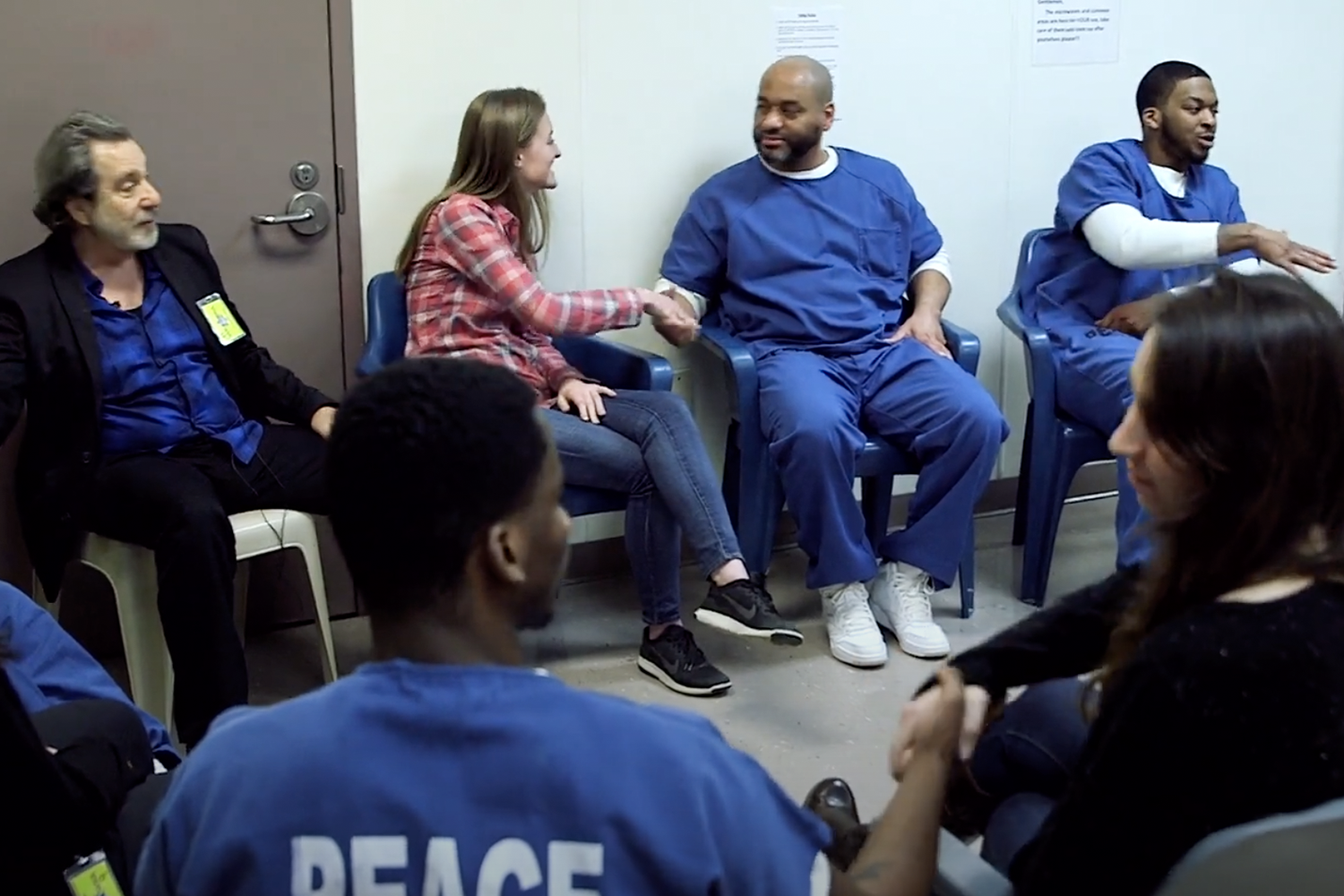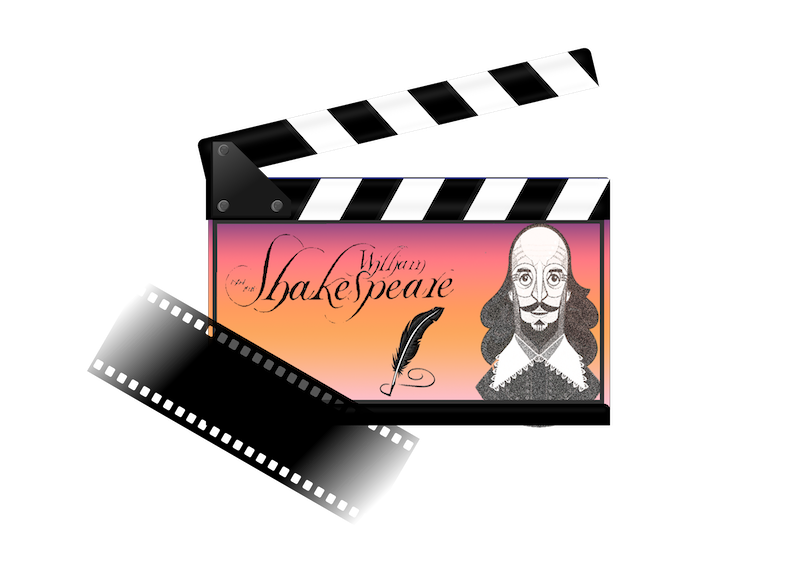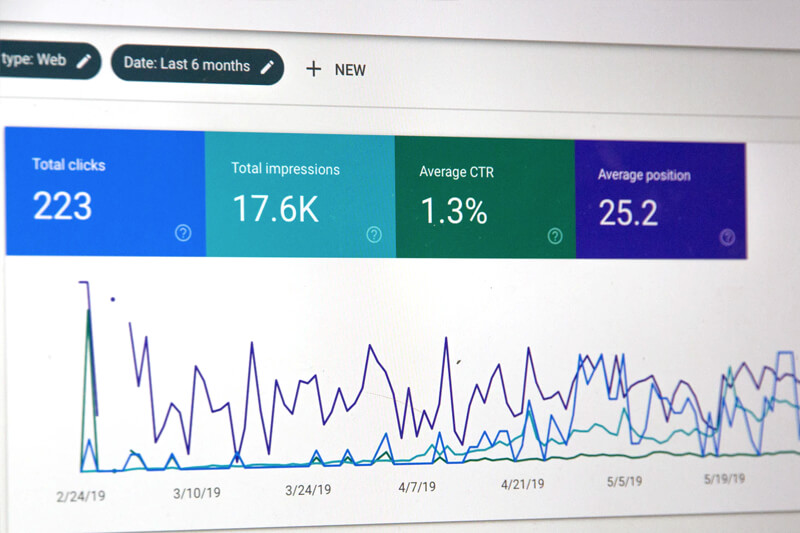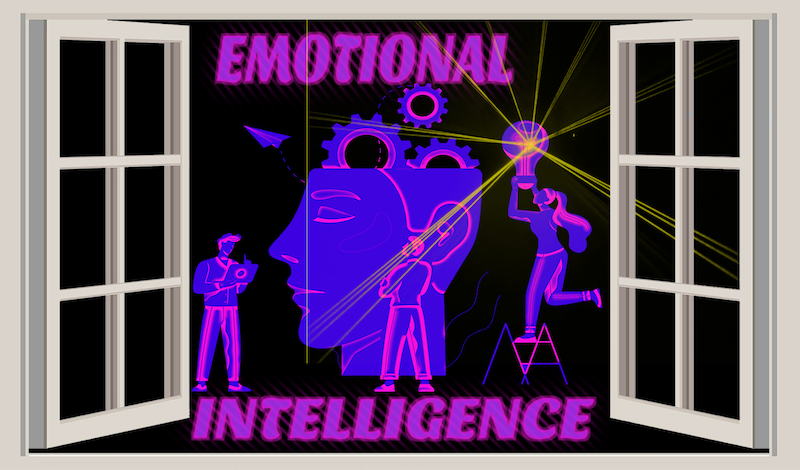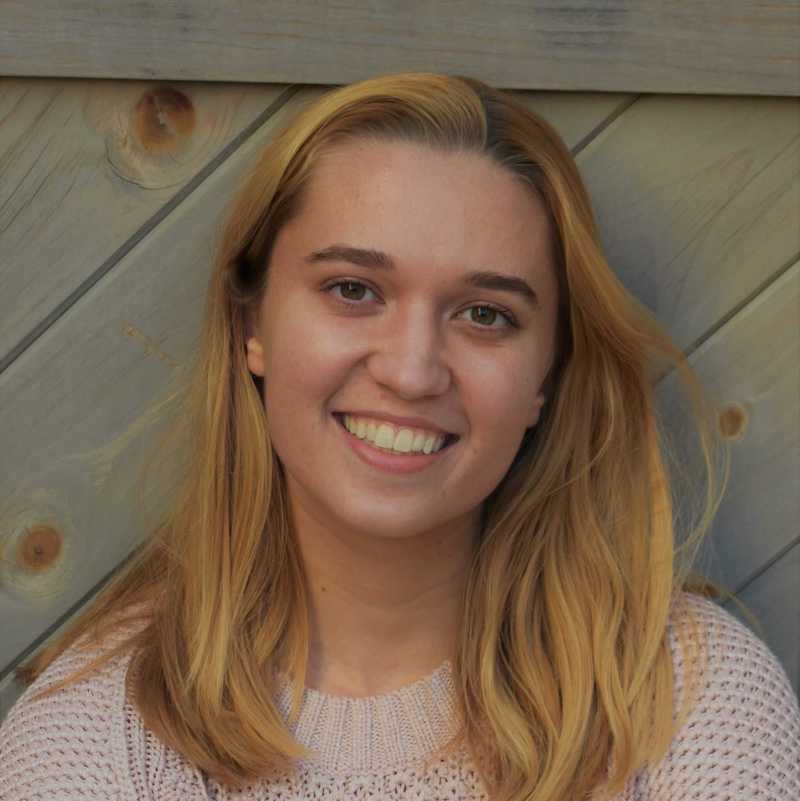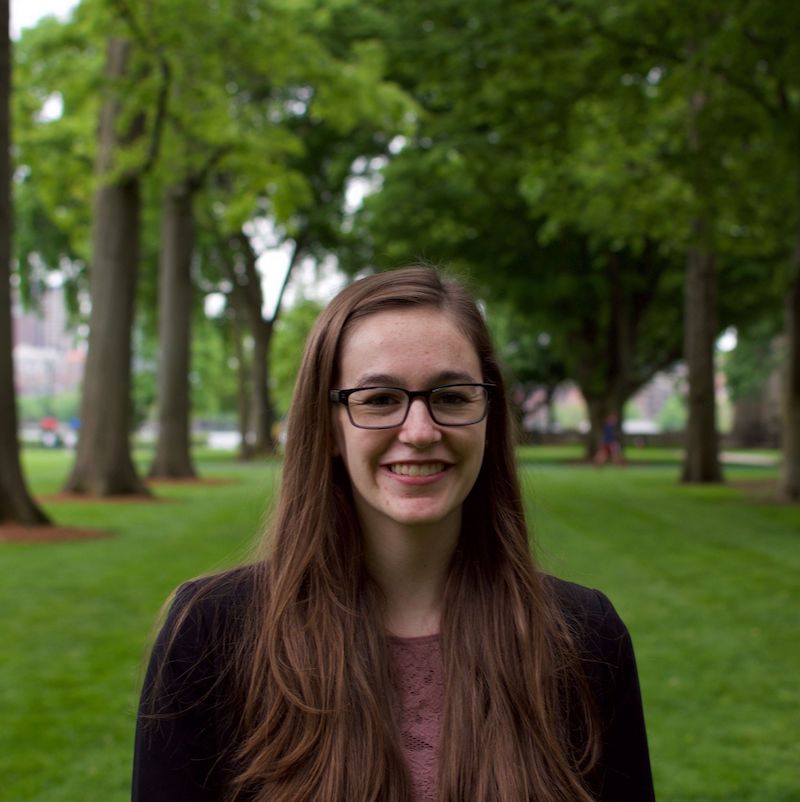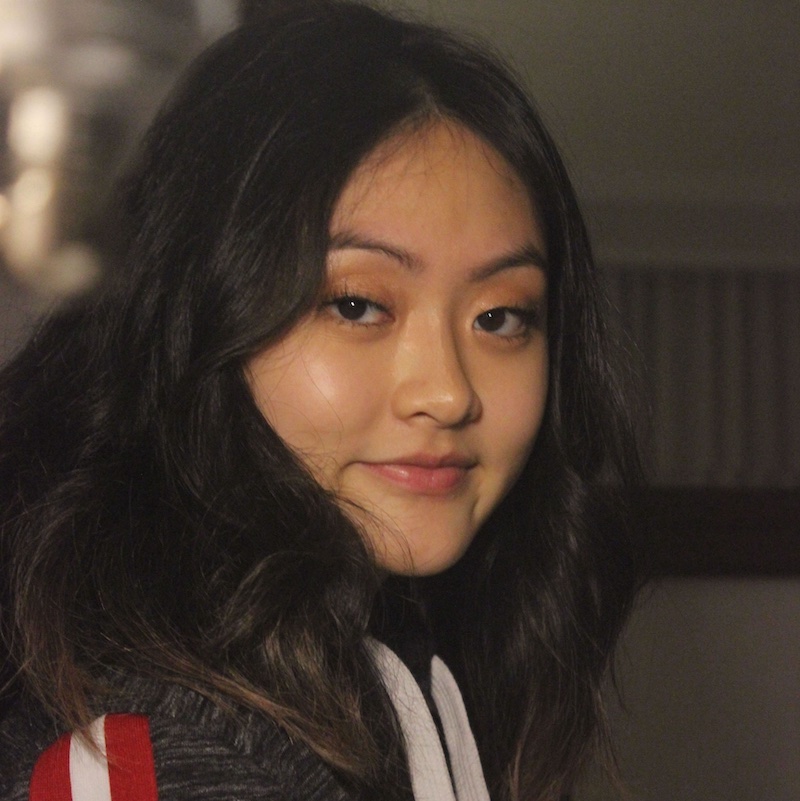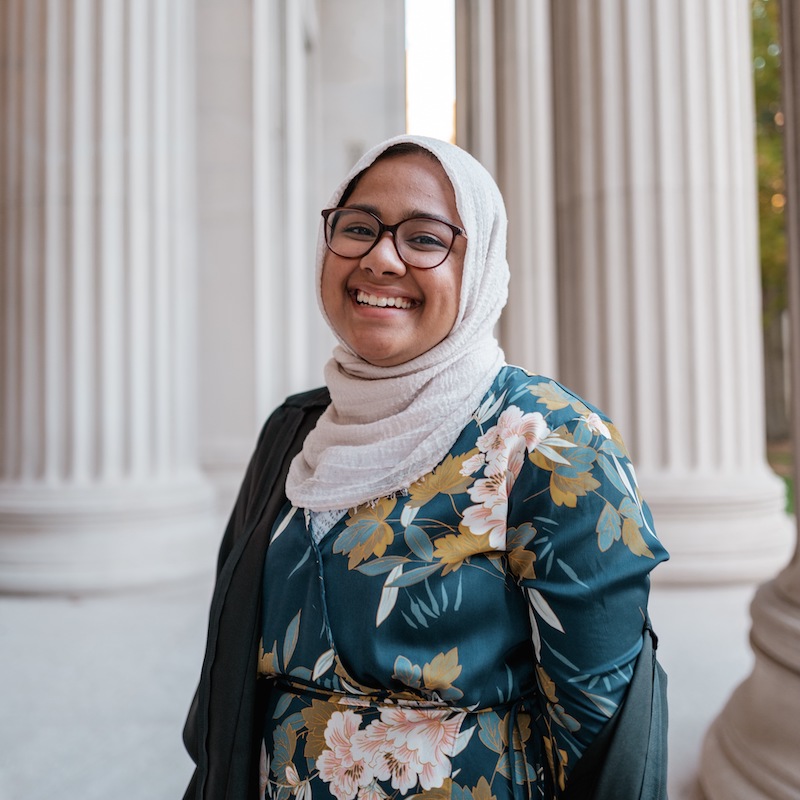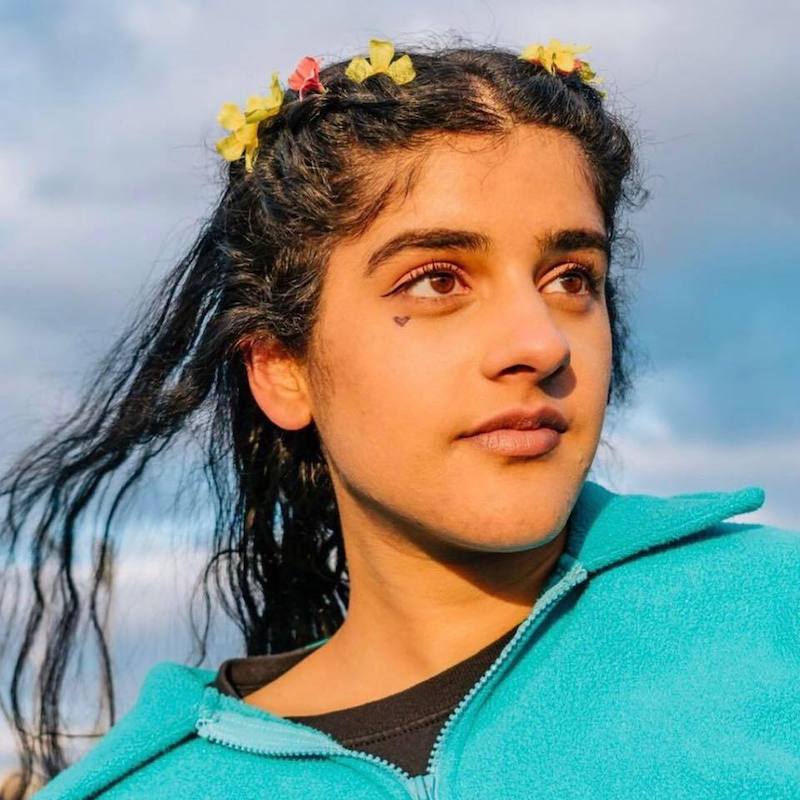Progressing
I wanted to stop, but nothing was actually going to help me stop using drugs: not losing my job, my family, or even overdosing and almost losing my life.
I didn’t care about anyone, anything, or myself. Just drugs.
I’m not going to say I had this big epiphany coming to prison. All I know is that I had a heart full of hate.
A heart filled with guilt. I could do the seven years. What I was putting my family through, though, that’s what truly tore me up inside.
I feel good about the fact that I have shed the anger that I had for God, for people from my past. The hatred toward myself.
For as long as I remember, I have had these tapes that I played over and over, like a mantra. “You’re not good enough. You’re not worth it. You’re a piece of shit.”
It was just something that I lived with and didn’t talk about.
Dr. Lee Perlman’s Non-Violent Communication course (ES.9114) really helped me see things in a different way.
Never once did I think of these mantras as being violent. When I thought of violence I thought of something physical.
When, in actuality, I was really being violent toward myself. In class I realized how important forgiveness truly is.
I got out of class, and told my mother I was sorry.
She told me she had already forgiven me, but I needed to forgive myself.
This is something that I’m still working on, like the negative things that I tell myself, but it has gotten easier and easier.
I try and do things better today, then I did yesterday. When I think of the past, I try and think of all the good things that I’m doing now, instead. It’s progress.
Read More of MacKenzie's Story


